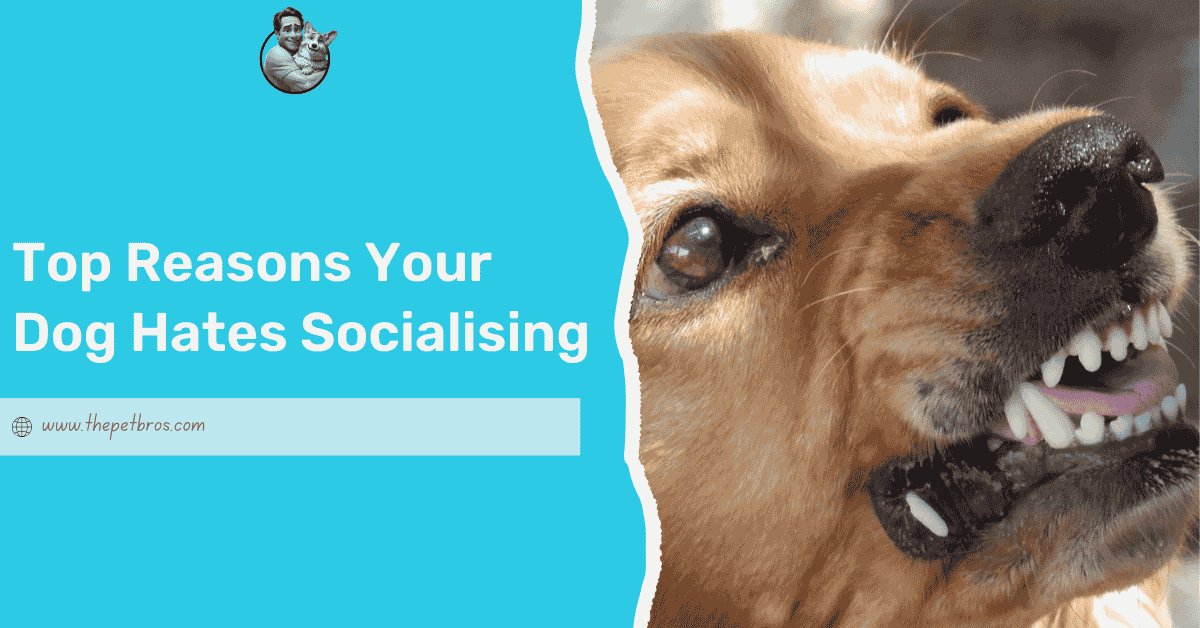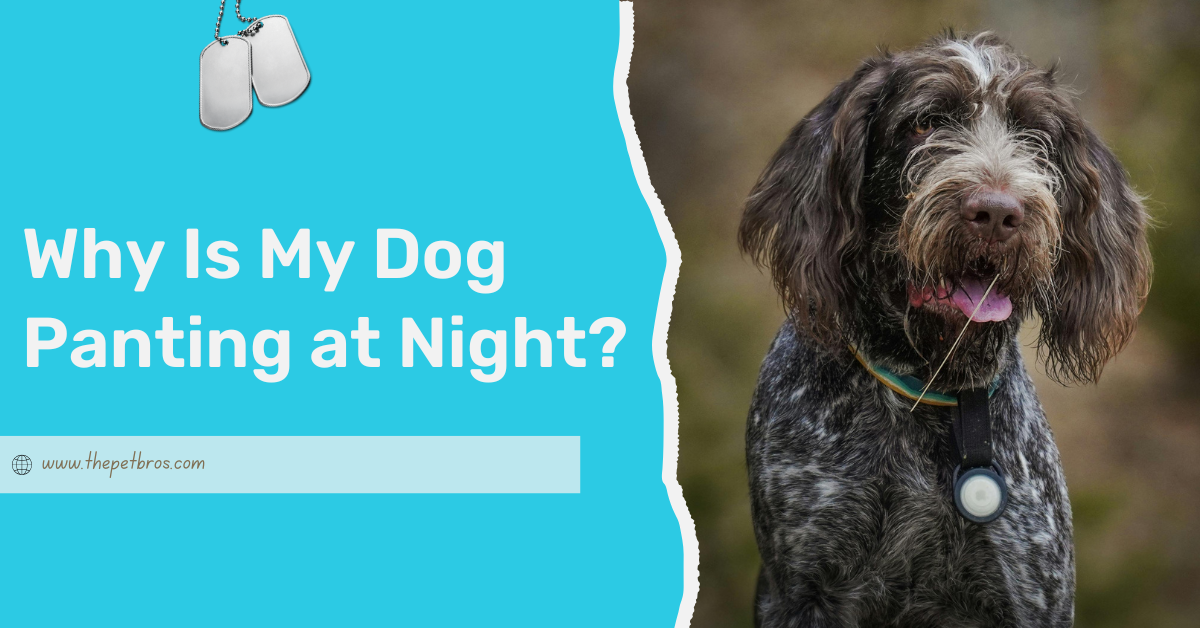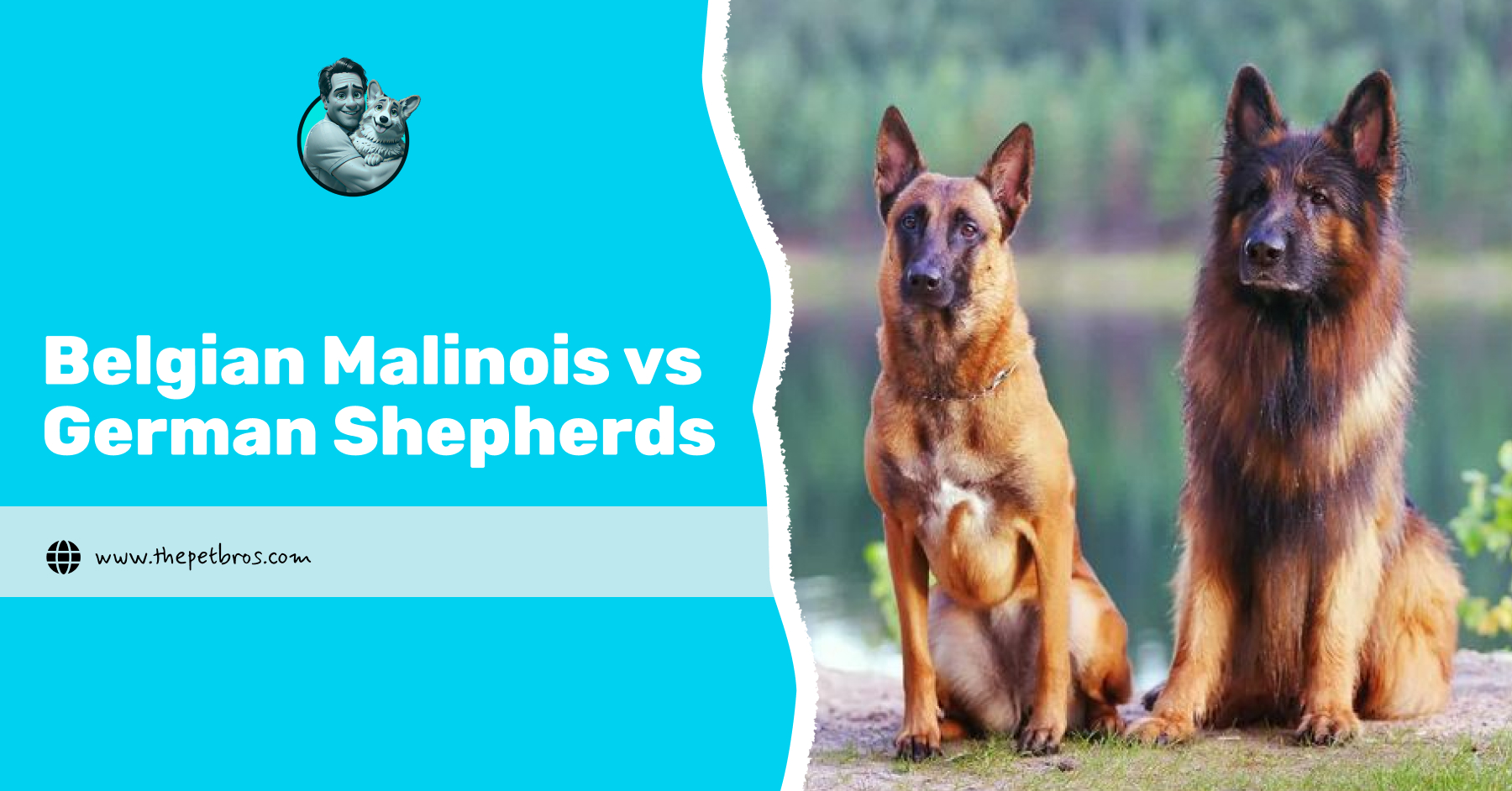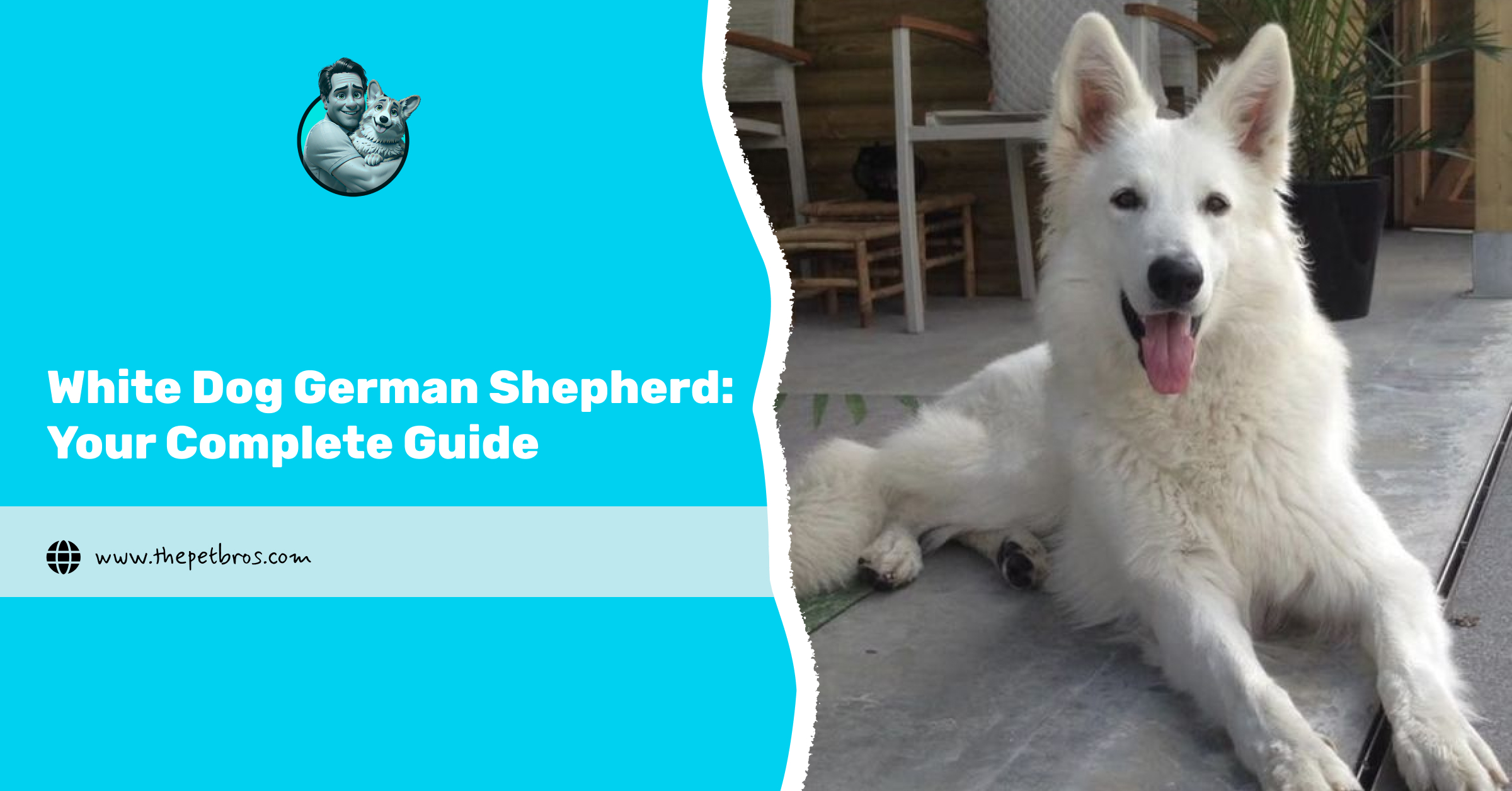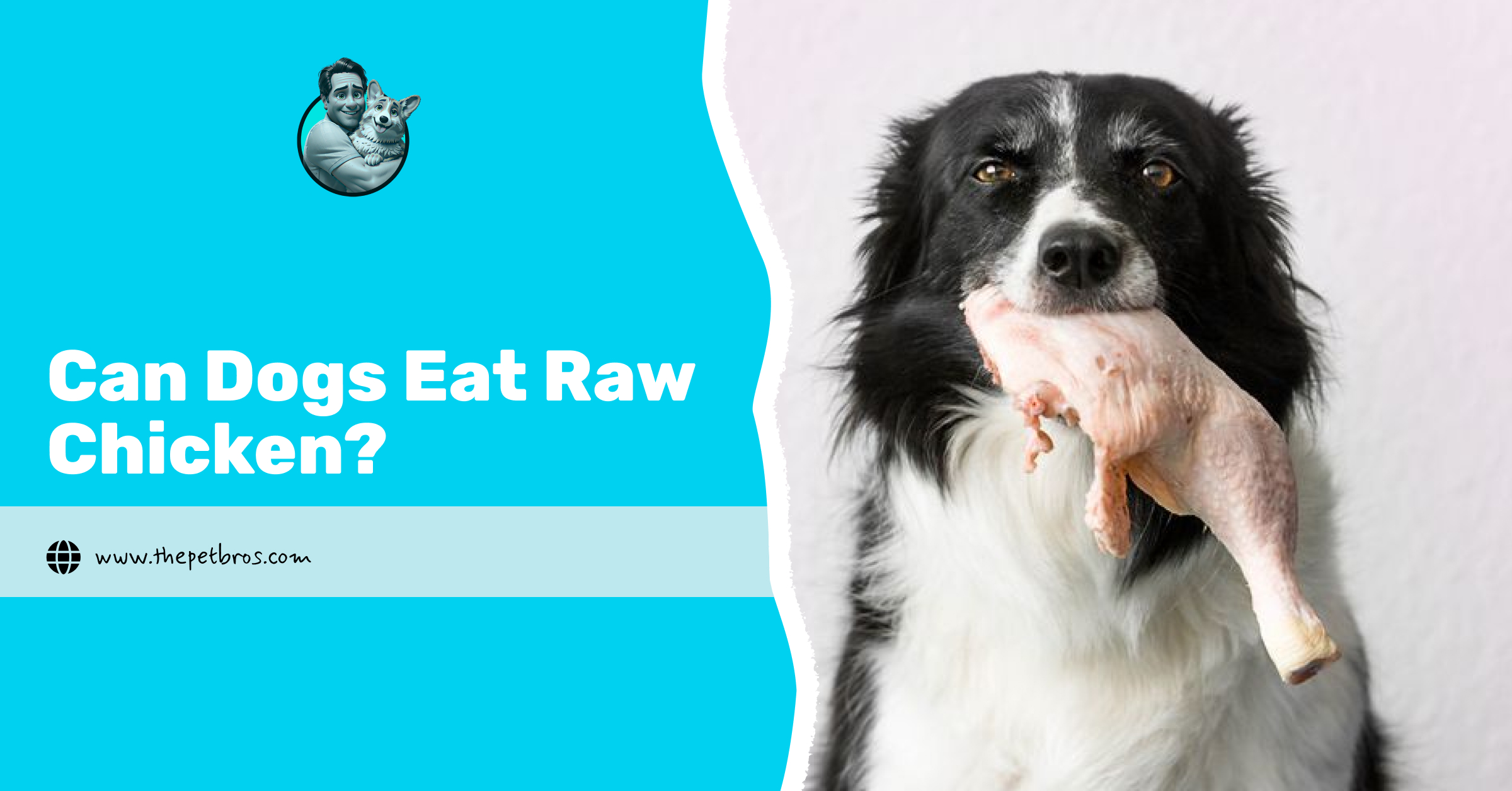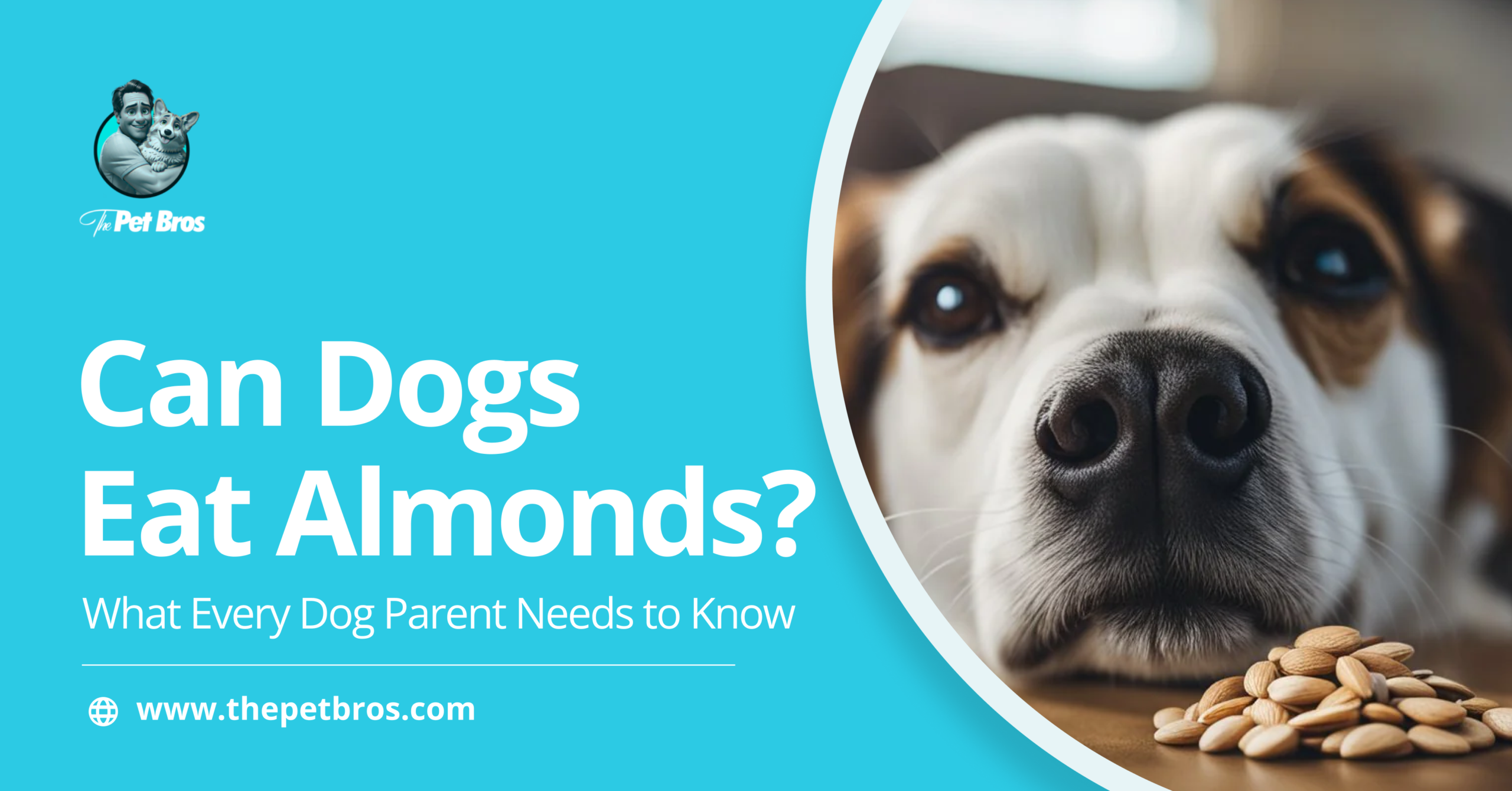Have you ever noticed that your once bubbly dog suddenly hates socialising? Understanding the reasons behind this change is crucial for your dog’s well-being. In this article, we’ll explore the 3 primary reasons your dog hates socialising and provide insights into why even the most naturally social dogs may withdraw from interactions.
Dogs are beloved companions partly because of their friendly, social nature. So it can be concerning when they shy away from people or other dogs. Therefore, whether you’ve raised your dog from a puppy or recently adopted them, it’s essential to recognise the signs and determine the best next steps to support their needs.
Top 3 Reasons Your Dog Hates Socialising
1. Fear and Anxiety
Some dogs experience intense fear or anxiety when confronted with unfamiliar situations, new people, or other animals. This reaction can be traced back to two primary reasons your dog hates socialising: past trauma or insufficient socialisation during their formative puppy years.
Dogs who have experienced traumatic events may develop a heightened sensitivity to new environments and stimuli. For instance, a dog that was mistreated by its owners and often yelled at might associate strangers with danger even when no threat exists. Also, negative experiences with other animals can make a dog wary of canine companions, leading to defensive or avoidant behaviours.
When dogs don’t get enough socialisation, especially during their critical learning period, which is often around 3 to 14 weeks old, it can really affect how they handle the world later on.
This is the time when puppies are like little sponges. They soak up experiences that teach them how to feel comfortable and confident in different situations. If they miss out on exploring new places or interacting with other animals, they might grow up feeling nervous or even scared when they encounter something unfamiliar.
For example, a dog who’s never seen someone wearing a hat or using a cane might find those things strange and react as if they’re dangerous. These fears can show up in different ways, like barking a lot, shaking, pacing nervously, or even acting aggressively.
Barking is often their way of saying, “Hey, I’m not okay with this!” Trembling and pacing are signs of stress and aggression. While it might seem bold, it is usually just a scared dog trying to protect itself.
Understanding these fears helps your dog feel safe and supported. If fear or anxiety is a recurring issue, consider consulting a professional dog trainer or behaviourist who can develop a tailored plan to address these concerns.
Gradual exposure to unfamiliar situations in a controlled, positive environment, coupled with reinforcement of calm behaviour, can help your dog build confidence over time. Patience and empathy are crucial in helping your furry friend overcome these fears and enjoy a more social life.
2. Introverted Personality Type
Like humans, dogs possess individual personalities that shape their behaviours, preferences, and interactions with the world around them. While some dogs are outgoing and enjoy interacting with others, others are naturally more introverted. They prefer calm and solitary activities to the excitement of mingling with other dogs or people. This introversion isn’t inherently a problem. It’s simply a reflection of who they are, and as a dog owner, you should not be overly concerned.
Instead, understanding the underlying reasons your dog hates socialising can help you provide the support they need. For many dogs, introversion is part of their unique personality. These dogs often prefer quiet environments and love spending time with a trusted human companion. They may favour independent playtime over mingling with neighbourhood dogs, finding fulfillment in routine and familiar surroundings. Their reluctance to engage with others doesn’t mean they are unhappy; instead, it shows that they derive satisfaction from more subdued forms of interaction.
The reasons behind a dog’s introverted nature can vary widely. Genetics play a significant role, as some breeds are predisposed to reserved or cautious temperaments. For example, breeds like the Basenji or Shiba Inu are known for their independence, which can sometimes be mistaken for aloofness.
Also, a dog’s early life experiences shape their personality. A calm and patient upbringing might nurture a more introspective demeanour, while limited exposure to social settings during developmental stages could reinforce a preference for solitude.
Recognising and respecting the reasons your dog hates socialising is key to building a strong bond and ensuring their well-being. Forcing an introverted dog to engage socially can lead to stress or anxiety. Instead, focus on creating opportunities for interaction in environments where they feel most comfortable.
Short, controlled playdates with familiar dogs or quiet walks in serene areas can help ease your dog into socialising without getting overwhelmed. Remember, just as not every person enjoys large gatherings or constant social interaction, not every dog will thrive in a busy, active social environment. An introverted dog isn’t “less friendly” or “unhappy; ” it simply has a different way of expressing its feelings.
3. Unresolved Health Issues
Sometimes, your dog does not want to socialise with other dogs or humans because of health problems, ranging from pain to fatigue or general discomfort caused by underlying medical conditions. These factors affect them and totally kill the much-needed vibes for socialisation. Just as humans might withdraw from social activities when sick or unwell, dogs often display similar behaviours when they are in pain or sick.
Health issues can range from temporary ailments, such as an upset stomach or a minor injury, to chronic conditions like arthritis, dental disease, or heart problems. For instance, a dog experiencing joint pain may avoid playful interactions or vigorous activities that could exacerbate their discomfort.
Similarly, fatigue caused by conditions like anaemia, hypothyroidism, or other systemic illnesses can drain your dog’s energy, leaving it disinterested in socialising with other dogs or humans.
Conditions affecting their skin, such as allergies or infections, can also lead to irritation or discomfort when touched, making them hesitant to engage physically with others.
Behavioural changes due to health issues might manifest subtly at first. A dog that was once social and playful may become more reserved. You will notice they start avoiding the company of others, hiding, or even showing signs of irritability. These changes are often misinterpreted as personality shifts or behavioural problems. But they can be a dog’s way of signalling that something is wrong.
To address this, ensure you monitor your dog’s behaviour closely and seek veterinary advice if you notice any unusual patterns. A thorough medical examination can help identify potential health problems and ensure appropriate treatment or management. Once the underlying issue is addressed, many dogs regain their confidence and willingness to socialise.
Moreover, providing a comfortable and stress-free environment is crucial for dogs recovering from health challenges. Gentle, low-energy interactions and one-on-one playtime can help them feel secure while accommodating their physical limitations. Understanding the link between health and behaviour while recognising them as the reasons your dog hates socialising is all you need to support your dog’s overall well-being and ensure they lead a happy, fulfilling life.
Do You Now Know The Reasons Your Dog Hates Socialising?
Understanding why your dog hates socialising is crucial for ensuring their overall happiness and well-being. Whether it stems from fear and anxiety, a naturally introverted personality, or unresolved health issues, recognising these factors enables you to take appropriate steps to support your furry companion.
Patience, empathy, and professional guidance can go a long way in helping your dog feel more comfortable in social settings. By taking gradual, positive steps and respecting your dog’s unique personality, you can help them enjoy the benefits of socialisation.
Frequently Asked Questions
Can all dogs be socialised, or are some naturally antisocial?
While some dogs may be more introverted by nature, most can benefit from socialisation at their own pace. Introversion isn’t inherently a problem, but gradual and positive exposure to social situations can help even reserved dogs feel more comfortable.
What should I do if my dog avoids other dogs?
Start with small, low-pressure interactions, such as observing other dogs from a distance during a walk. Gradually increase exposure and reward your dog for calm behaviour. If avoidance persists or escalates, consult a professional trainer or behaviourist.
Could my dog’s health affect their willingness to socialise?
Yes, unresolved health issues like joint pain, fatigue, or sensory impairments can make socialising uncomfortable or stressful for your dog. It’s important to consult a veterinarian if you notice sudden changes in your dog’s behaviour.
Should I force my dog to socialise if they seem unwilling?
No, forcing a dog to socialise can cause stress or worsen anxiety. Instead, provide opportunities for interaction in controlled, positive environments and let your dog engage at their own pace.
Are certain dog breeds more likely to dislike socialising?
Yes, some breeds, like Basenjis or Shiba Inus, are naturally more reserved and independent. However, early socialisation and positive reinforcement can help these breeds adapt better to social situations.
When should I seek professional help for my dog’s behaviour?
If your dog’s reluctance to socialise escalates to severe anxiety or aggression, or if their behaviour doesn’t improve with gradual exposure, it’s best to consult a certified dog trainer, behaviourist, or veterinarian for expert guidance.






